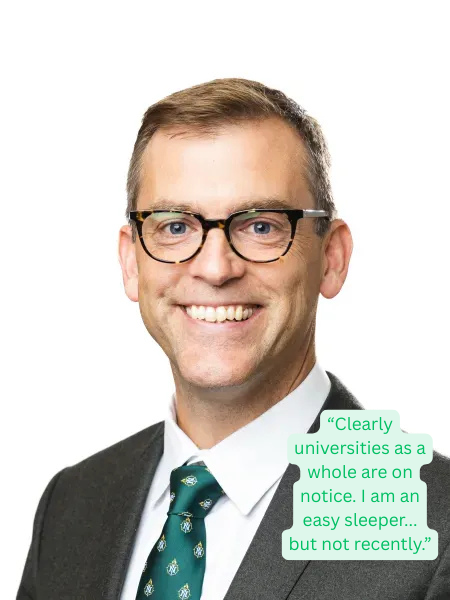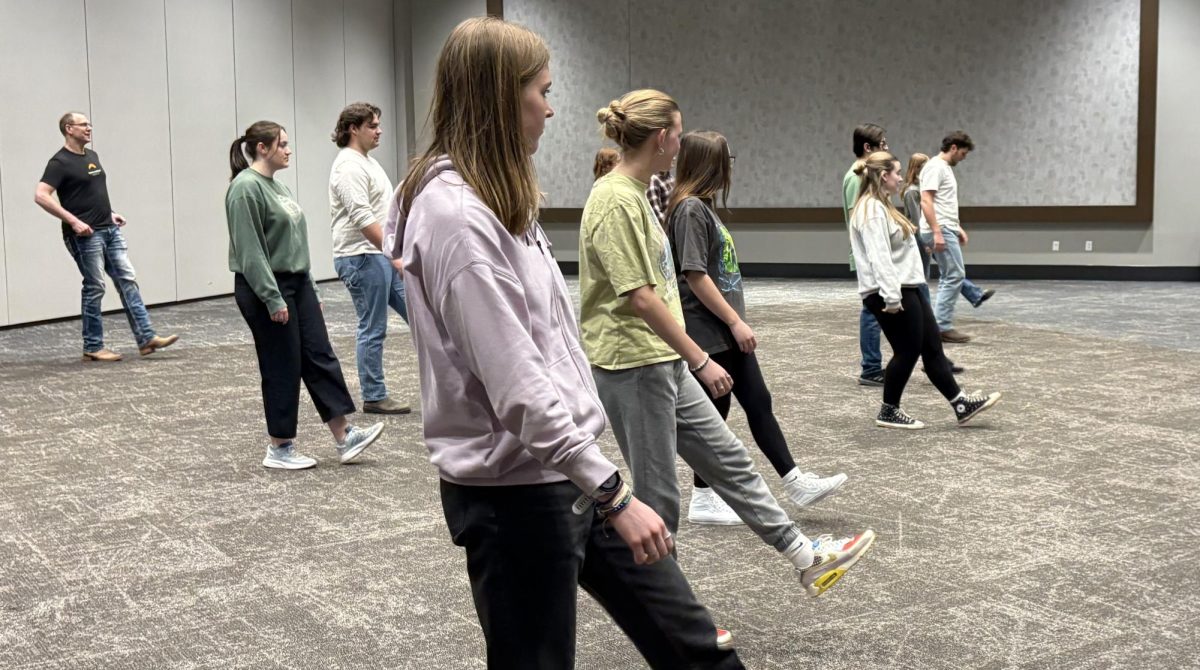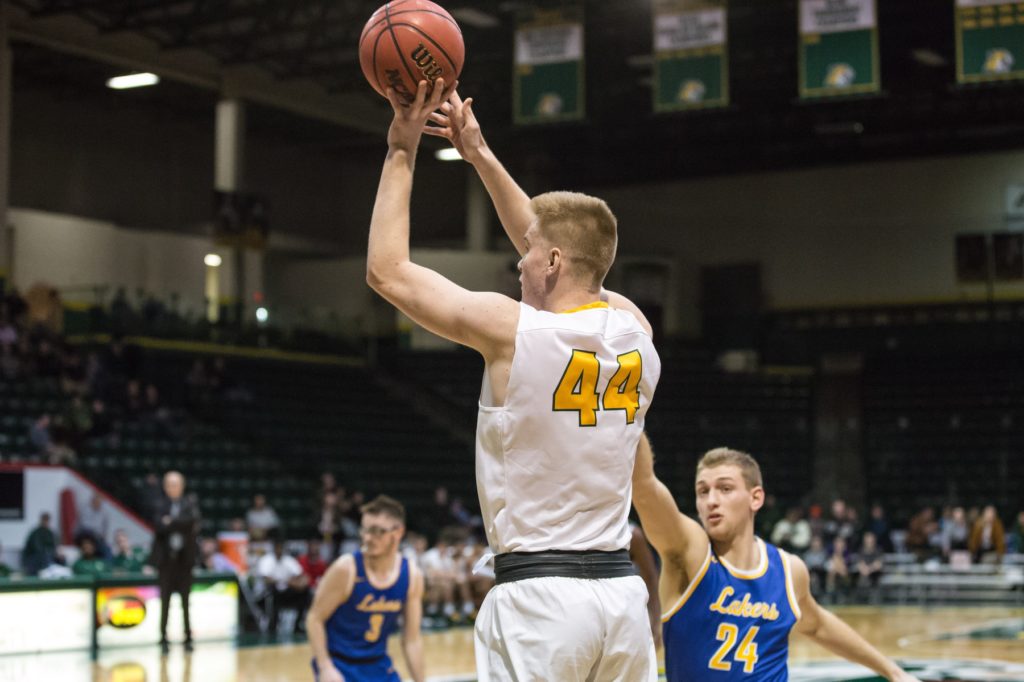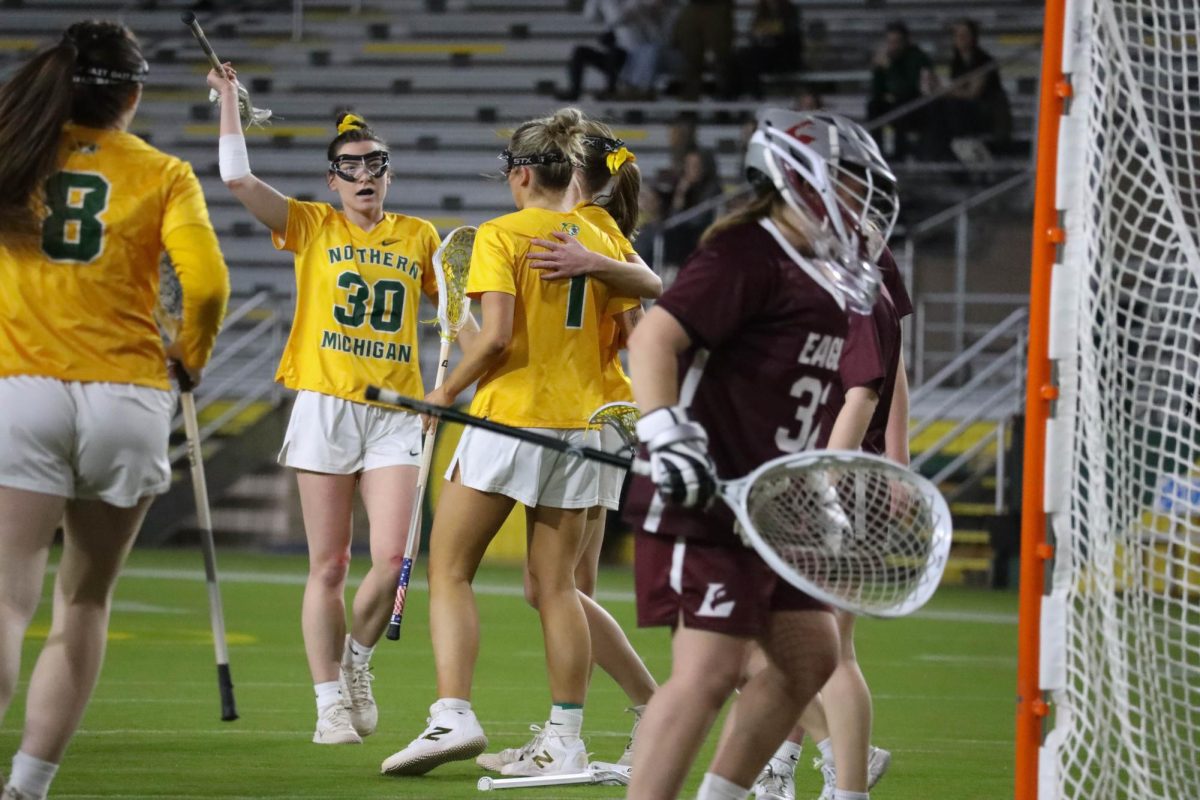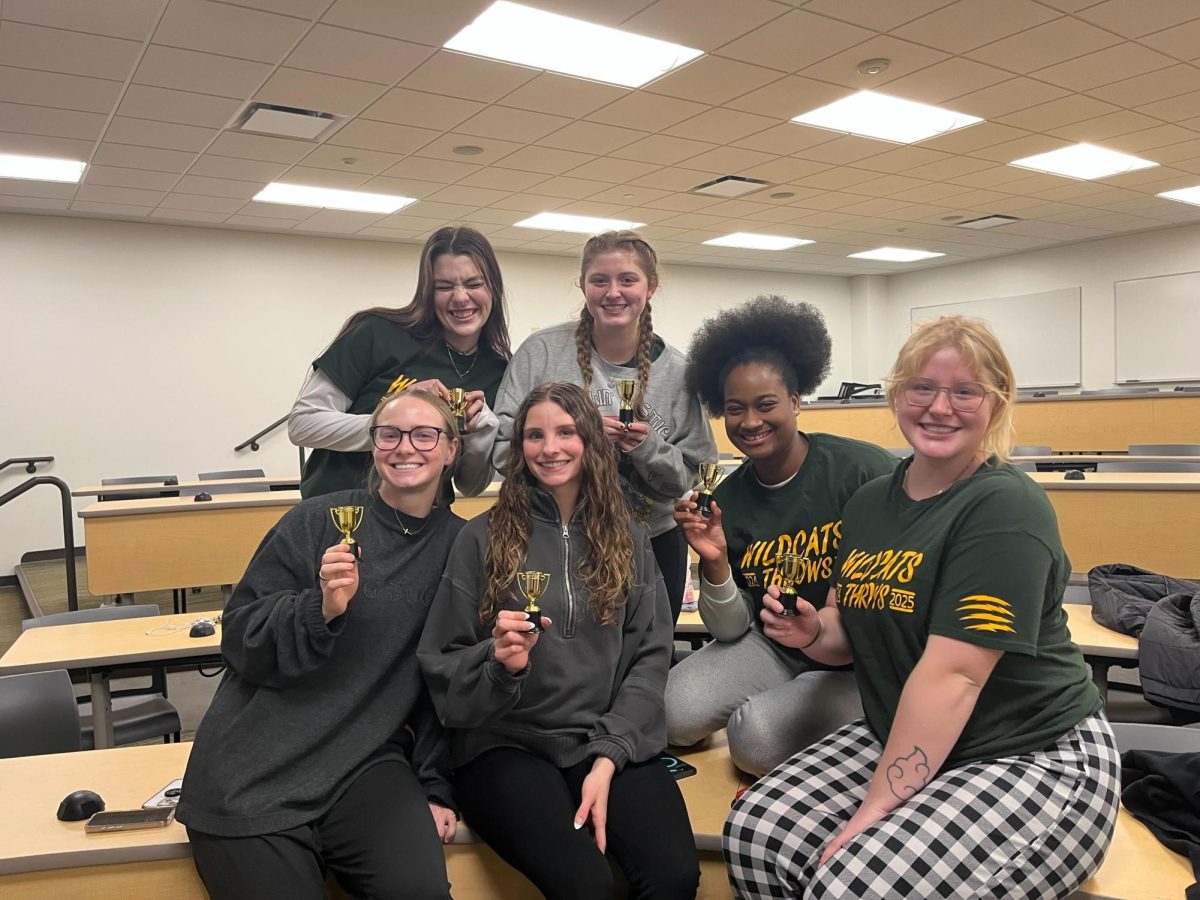Approximately 30 NMU professors are in the middle of being evaluated for tenure, promotion, or both, according to Assistant Provost for Undergraduate Programming and Faculty Affairs Dale Kapla.
The eight-step process began on Tuesday Oct. 1, 2013 and either ends with a denial by one of the bodies tasked with evaluating professors, or with approval by the Board of Trustees at their annual meeting coinciding with May graduation.
“Tenure is conferred by the Board of Trustees upon the recommendation of the President,” Kapla said.
Tenured professors receive seniority rights, can only be terminated with just cause and are the last to be laid off in the event of a massive downsize. Tenure usually coincides with a promotion to associate professor, entitling professors to a raise spelled out in the agreement between NMU and the AAUP, the union encompassing most of NMU’s teachers.
When a professor joins NMU, it’s listed in their contract on whether their appointment is temporary, or “tenure-track,” which usually yields long-term employment.
“There’s adjunct faculty, limited term appointments, continuing-earning and then there’s tenure-earning,” Kapla said. “When someone gets hired, in their letter of appointment, it tells you what appointment you have.”
Professors are usually hired as assistant professors and have seven years in which they need to receive tenure, or their appointment ends.
“A tenure-earning appointment has a probationary period not to exceed seven years,” Kapla said. “Within the seven years you have to earn and be granted tenure, and people will generally apply in their sixth year.”
Kapla indicated that most of the 30 applicants are applying for “T&P,” or tenure and promotion, and are in the sixth year of their appointment.
According to the AAUP-NMU contract, each department has the latitude to specify their own requirements for tenure. Section 5.5.2.3 reads, “Tenure shall be granted to applicants who demonstrate accomplishments specified in departmental bylaws.”
There are, however, specific factors that will dictate which of the 30 applicants receive tenure or the promotion they are seeking, Kapla said.
“There are three legs to the stool for promotion and tenure that you have to adhere to,” Kapla continued. “The three legs are teaching, scholarship and service.”
Student ratings and evaluations by fellow teachers make up the “teaching” aspect. Scholarship is often based on a unit system, where professors get a defined number of units for contributions to refereed journals, discipline-focused publications, authoring textbooks, etc. Finally, service to one’s department and the college by joining various councils and committees, among other things, is “the last leg of the stool,” Kapla said.
The application process began in the thirty applicants’ respective departments. Professors submit two applications, one to their department head, and the other to their department’s evaluation committee.
“Those recommendations go up separately to the college advisory committee,” Kapla continued. “They make a recommendation to the Faculty Review Committee. Then it goes to the Provost and Vice President of Academic Affairs. He makes the recommendation to the President, and then the President has to go to the Board of Trustees with it.”
Kapla believes that tenure is indicative of the quality of a professor.
“That person has demonstrated a significant record in effective teaching, effective scholarship, and effective service,” Kapla said. “You become a very finely-tuned teacher.”
Dr. Ruth Watry, associate professor of political science, is in the middle of the approval process for a promotion to full professor. Full professors receive a raise, and are evaluated every five years instead of yearly. She first applied for and was granted tenure in 2004, as well as a promotion to her current title.
However, she believes the process is not without its limitations.
“I think our students are really served by things in the local community and on campus that are not rewarded in the promotion and tenure process,” Watry said.
Watry chaired the College of Arts and Sciences’ College Advisory Committee (CAC) for two years. While there, she helped rewrite the bylaws to expand the committee to nine members instead of seven, she said.
During her chairmanship, Watry also helped design a template to better streamline the application process for tenure and/or promotion. Oftentimes, she said, recommendations from departments and department heads were vague and didn’t adequately convey the reasoning behind them.
Overall, the application process, Watry said, including the emphasis on obtaining satisfactory units for scholarship and service, does have “a lot of value in it.”
However, Watry believes a presence in the local community is just as integral to being a well-rounded teacher.
“The refereed journal articles are important,” Watry said. “But for me, with this local-type scholarship, I can see my students and NMU students benefitting directly.”


